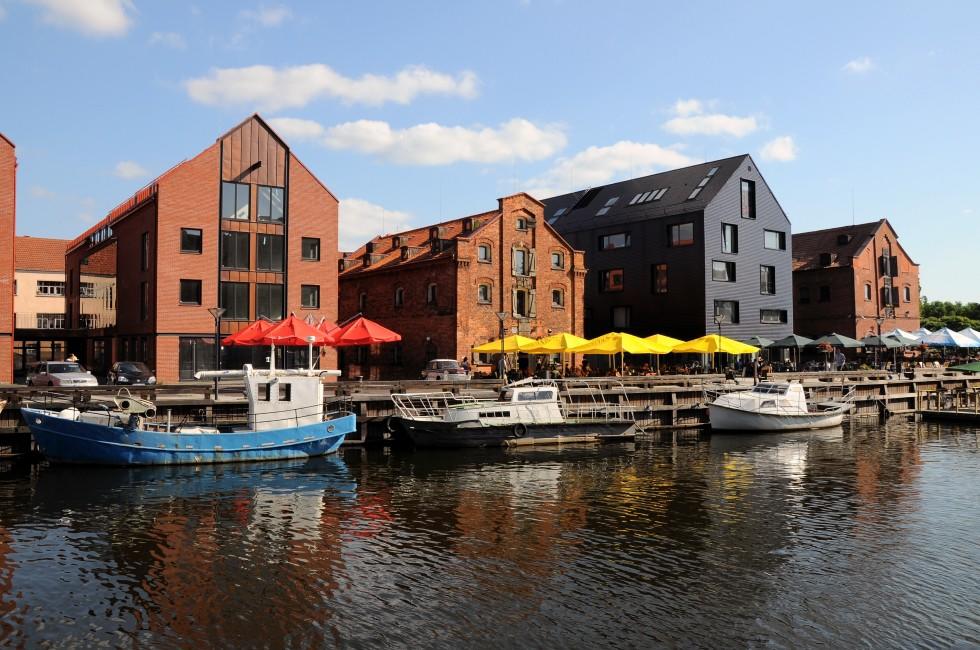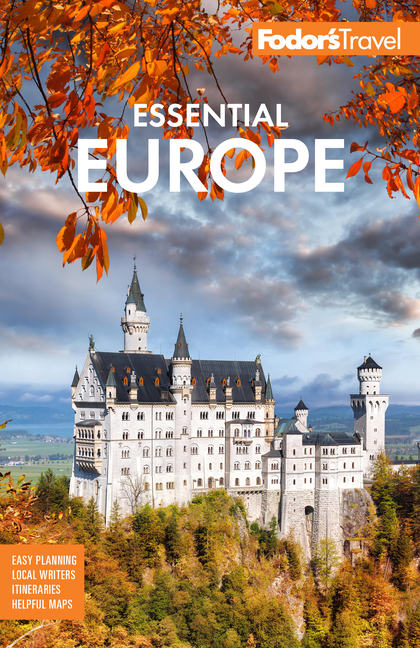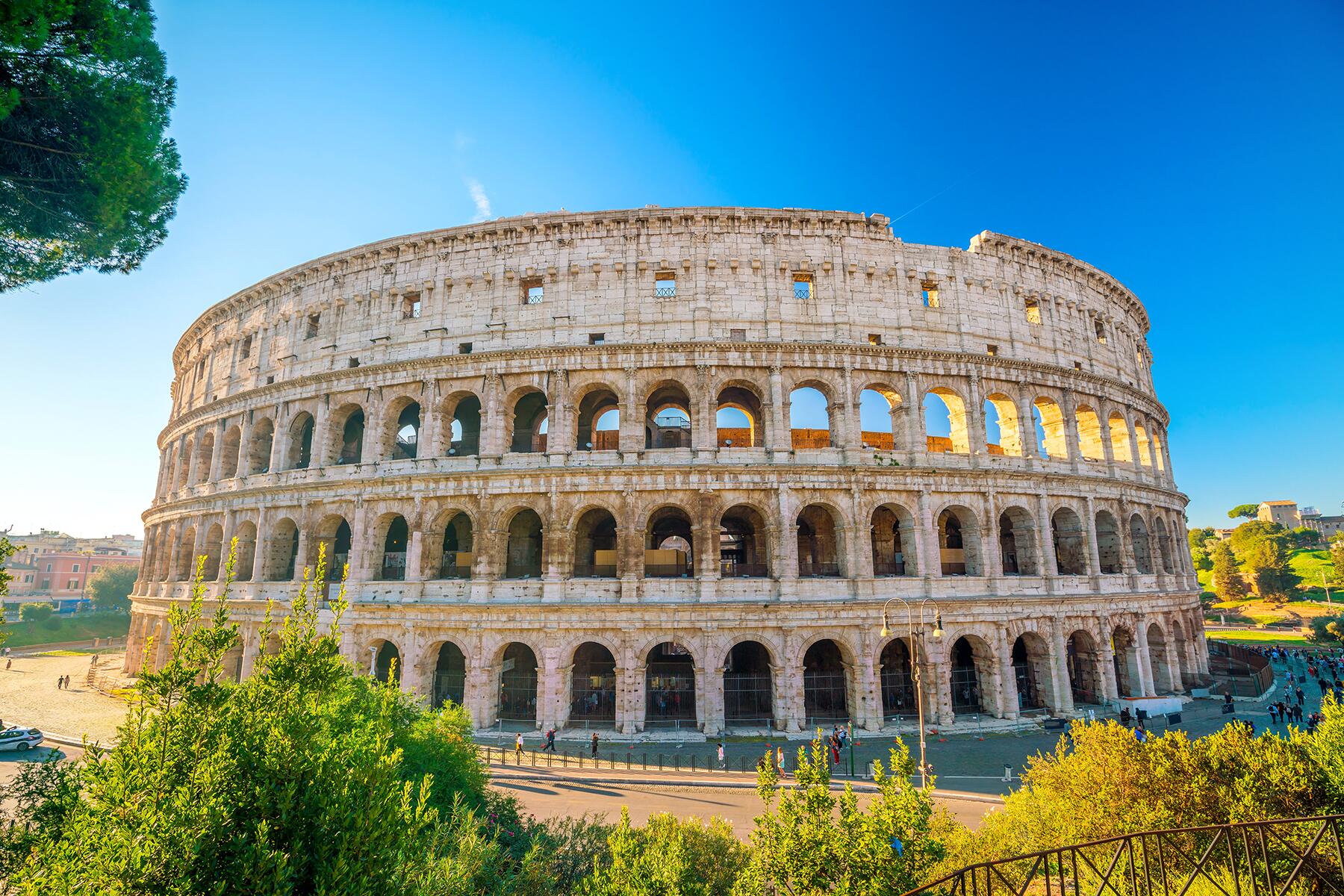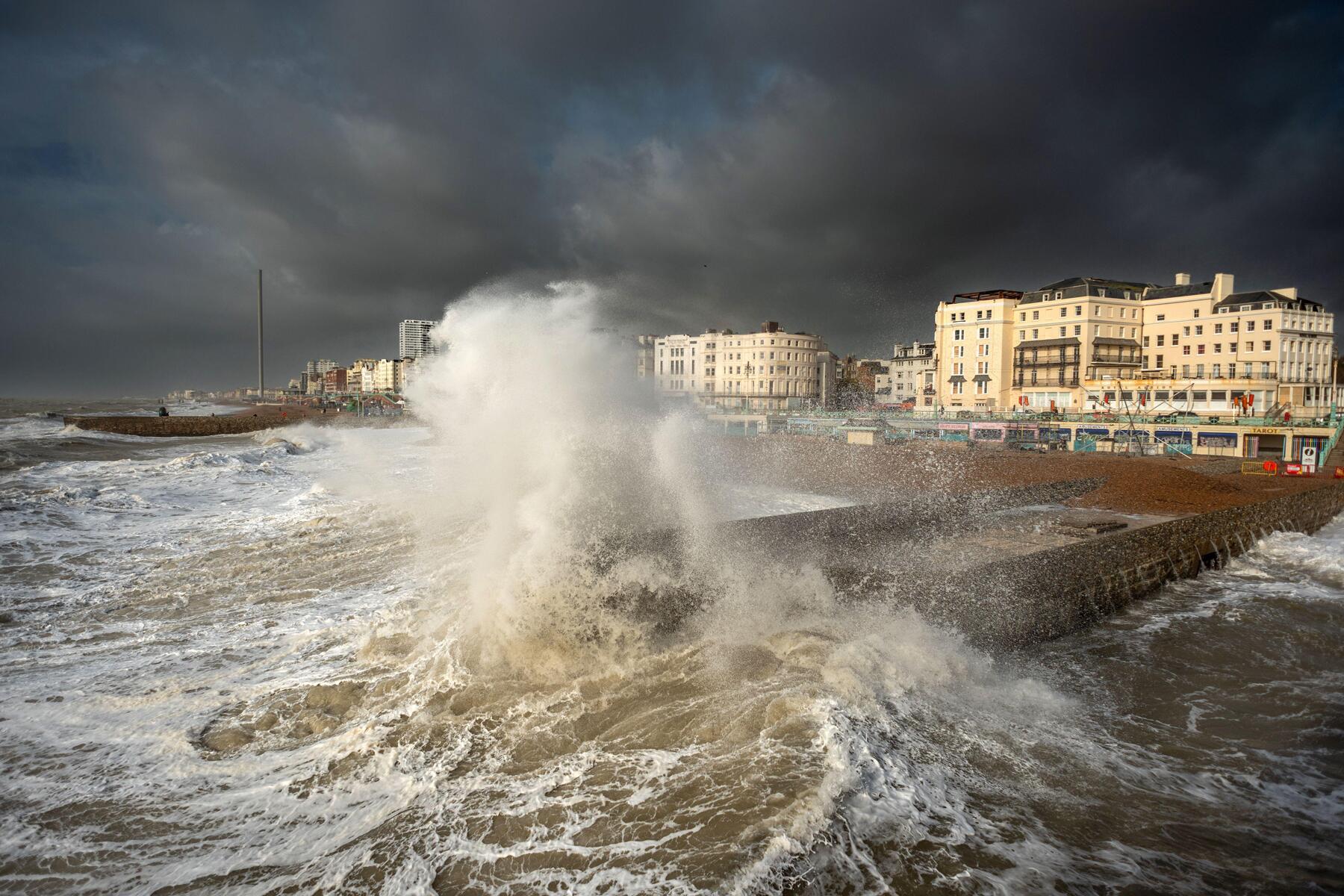Lithuania
Lithuania
Lithuania has historically been the invader, not the invaded. In 1386, the country formed a union with Poland, and over the following 400 years the joint kingdom stretched from the Baltic to the Black Sea. Poland took the leading role until the late 18th century, but Lithuanians still remember their time as a European superpower. Russification ensued, followed by a short period of independence (during which Kaunas was the capital, as Vilnius was occupied by Poland). Hundreds of thousands of Lithuanians were deported by the Soviets in the 1940s and 1950s, but today's population is 80% Lithuanian, with only 10% Russian-speaking. The country's Jewish population—which had thrived here since the 1400s—was decimated during World War II. The largest and most populous of the Baltic states, now...
Read MoreLithuania has historically been the invader, not the invaded. In 1386, the country formed a union with Poland, and over the following 400 years the joint kingdom stretched from the Baltic to the Black Sea. Poland took the leading role until the late 18th century, but Lithuanians still remember their time as a European superpower. Russification ensued, followed by a short period of independence (during which Kaunas was the capital, as Vilnius was occupied by Poland). Hundreds of thousands of Lithuanians were deported by the Soviets in the 1940s and 1950s, but today's population is 80% Lithuanian, with only 10% Russian-speaking. The country's Jewish population—which had thrived here since the 1400s—was decimated during World War II. The largest and most populous of the Baltic states, now the country is a full-fledged member of the European Union and adopted the euro in 2015.








